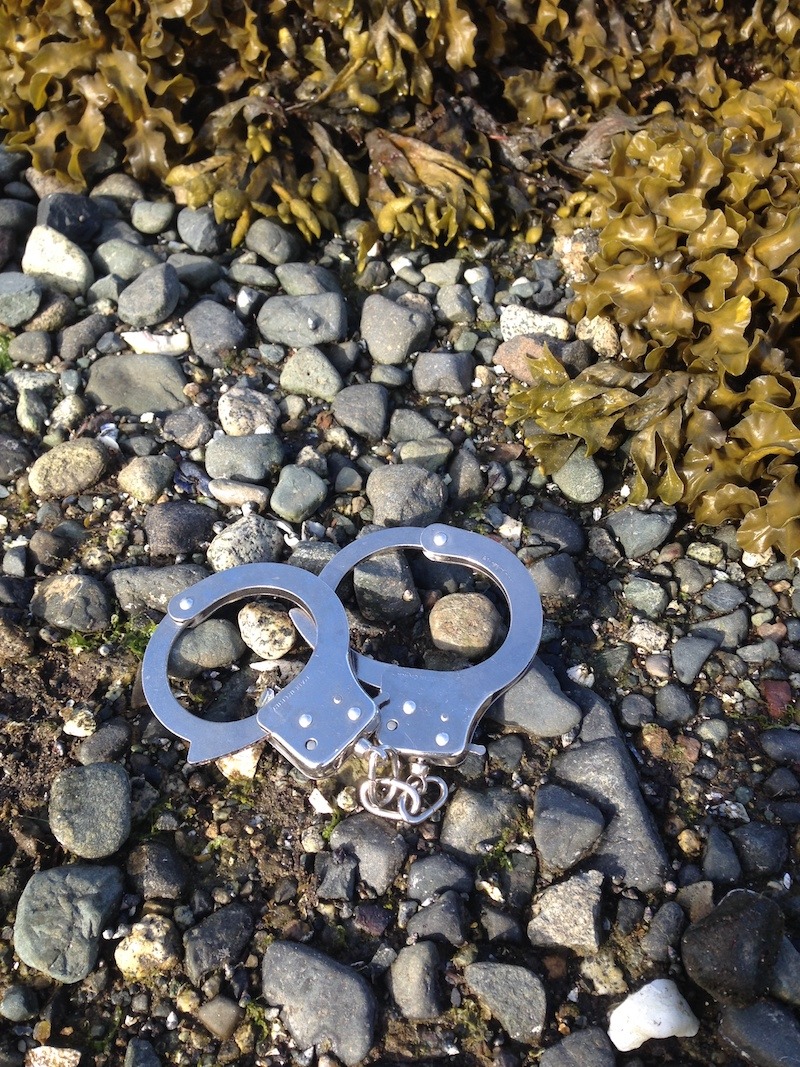
At some point in their lives fishermen will be confronted with a difficult and frustrating situation. And I don’t mean realizing you forgot your boat’s drain plug when you are already half way to the fishing grounds. I’m referring to poaching.
The average fisherman I talk to is very conscientious of the long-term sustainability of fish stocks, and their role in preserving them for future generations. They do their best to follow all the laws and regulations that protect the sport that provides us with so much enjoyment and possibly some frustration.
They buy soft mesh nets to gently release salmon.
They are now also buying rockfish descender devices to return a fish back to the depths unharmed.
They spend hours and hours struggling to find the fishing regulations on the curiously designed web page of the Department of Fisheries and Oceans (DFO).
In the absence of printed regulations, we debate the rules at the boat launch and cleaning station. However, we can agree that once regulations are in place, and understood, they should be respected by all. Therefore, what makes most anglers’ blood boil is seeing someone disregarding the rules, or even poaching.
We all know our fisheries officers are too few and spread much too thin. It is unlikely there will be one close enough to respond to a VHF or phone call. It also might well be beyond VHF range or cell phone coverage.
I questioned a couple of our local officers as to how the public can best help them by reporting violations in a useful way. After all, just as with fish hatcheries or research such as DNA tagging, if the public doesn’t step up and help out, then very little can get done.
Firstly, there are different levels of poaching. Often the individual may misunderstand the rules. For example, a person proudly showing off a wild coho at the cleaning station—when it is only open to hatchery coho—is likely not a deliberate poacher.
Possibly this person is just in need of some friendly and firm clarification, whereas somebody taking more than their limit and sneakily offloading them into their truck is an entirely different situation. This comes down to a personal judgment call on how to approach a situation.
I am generally happy to politely inform someone if I think they honestly are not aware of a specific regulation. While ignorance of the law is no excuse, and we are obligated to understand the rules before we fish, I have seen good people make bad mistakes. Working in the sport fishing industry, I have spoken to many well-intentioned fishermen who get confused as to specific regulations. I spend a great deal of time trying to find answers on the DFO website for the questions they bring to me.
Deliberate poaching—whether it’s taking over the limit, taking undersized fish, or repeatedly fishing in a closed zone— is something altogether different. This situation may be more challenging for an individual to deal with, and safety begins to be more of a pertinent issue. After all, approaching somebody who is deliberately breaking the law and telling them you are getting involved may lead to a confrontation. Therefore, you should know who to call and what to say.
Commercial-level poaching is the worst type and can present a real danger to our shared resource. It should always be immediately reported and documented, but with a great deal of caution. There is real money in play for some of these people, and I generally would not recommend approaching them. Just last March, local fisheries officers had shots fired near them while attempting to apprehend clam poachers near the Chemainus River.
I have seen commercial poachers completely decimate a clamming beach on a Gulf Island in a single night. It was over a decade before the beach began to come back. Unfortunately, it was then hit again. We all have to do what we can to prevent this sort of thing.
When you decide it’s time to contact authorities, you have a couple options. You can either just pass on a tip anonymously, or you can get involved in giving legal statements. In either case, call the hotline 1-800-465-4336. If you choose to remain anonymous, you must say, “I wish to remain anonymous” to the person who takes your call. Your information will not be released, and you won’t have to testify. You simply pass on all relevant information and leave it at that.
If you are willing to testify in court, that’s even better, and you deserve to catch a giant salmon. The more people willing to stand up and protect our oceans the better.
When you report it, providing clear, correct information is a must. Remember, the officers are very stretched for time so the clearer and more concise the information is, the better.
The DFO’s suggestion to the public is known as Observe, Record, Report.
- Observe the violation.
- Record the violation witnessed, date, time, location, and description of the violator and their vessel.
- Report by calling the hotline.
This is all good information. However, nowadays you probably have a smartphone or camera and a GPS. The offending vessel should have K numbers on its side. If you can do so safely, record the offense including the individuals and their boat’s K numbers. 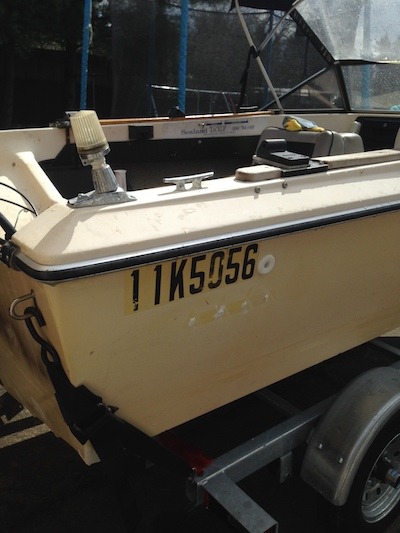 Record the location either by showing your GPS coordinates and/or a recognizable visual landmark.
Record the location either by showing your GPS coordinates and/or a recognizable visual landmark.
Then call it in to the hotline. If there happens to be a DFO boat in the area, they can respond by water. However, often there is not, so think about where the suspect is likely launching from. If you can ascertain that they have to be using a specific launch ramp or marina, pass that on and hopefully, a fisheries officer can intercept them there.
We all know our fisheries enforcement is dangerously underfunded, and we can all play a part in protecting our shared waters. I have even heard of a fisheries officer who will pack his uniform on his own fishing trips, and if he sees a blatant poacher, he’ll put his trip on hold to deal with it.
So, take the time to learn the regulations, and share them with your fellow fishermen. Pay attention to what’s happening on the water. If you meet a Fisheries Officer, thank them for their service and take the time to ask if there is anything you can do to help them in their patrols. Also ask them where the fish are biting, because they probably know and are as happy to tell fishing stories as you are.
Observe, Record, Report, and call 1-800-465-4336.
Tips Up!
One Comment
Leave A Comment
Visit the Store
$34.99
$34.99
Featured Catch
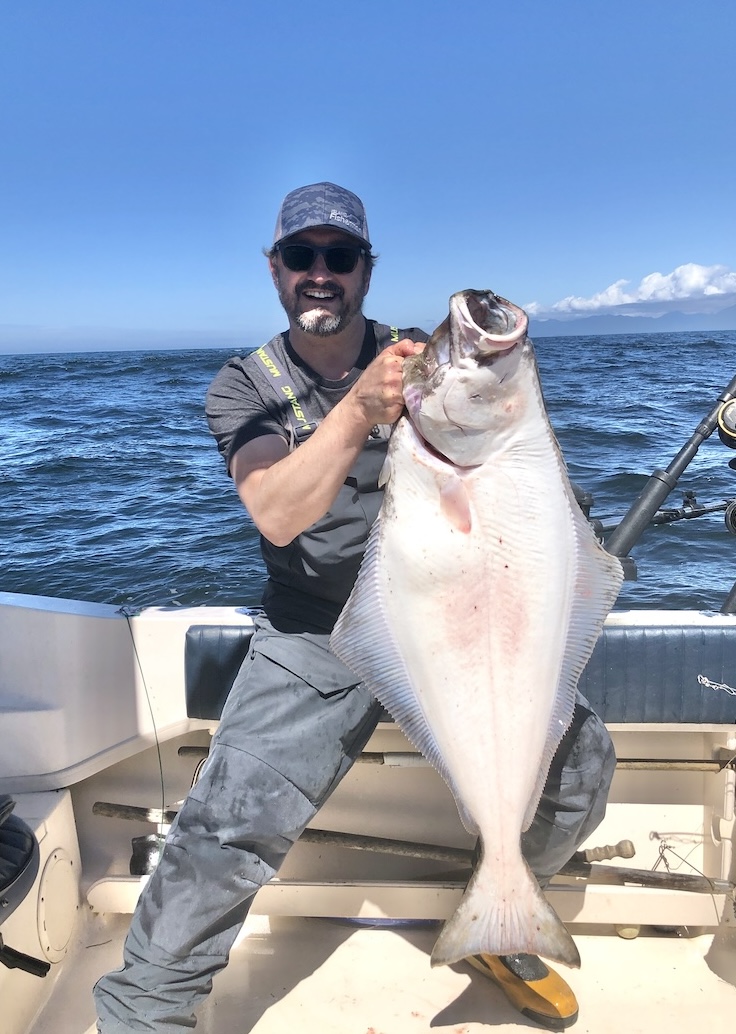
Joel Unickow halibut (Photo: Rob Frawley Lucky Strike Sportfishing Tofino)

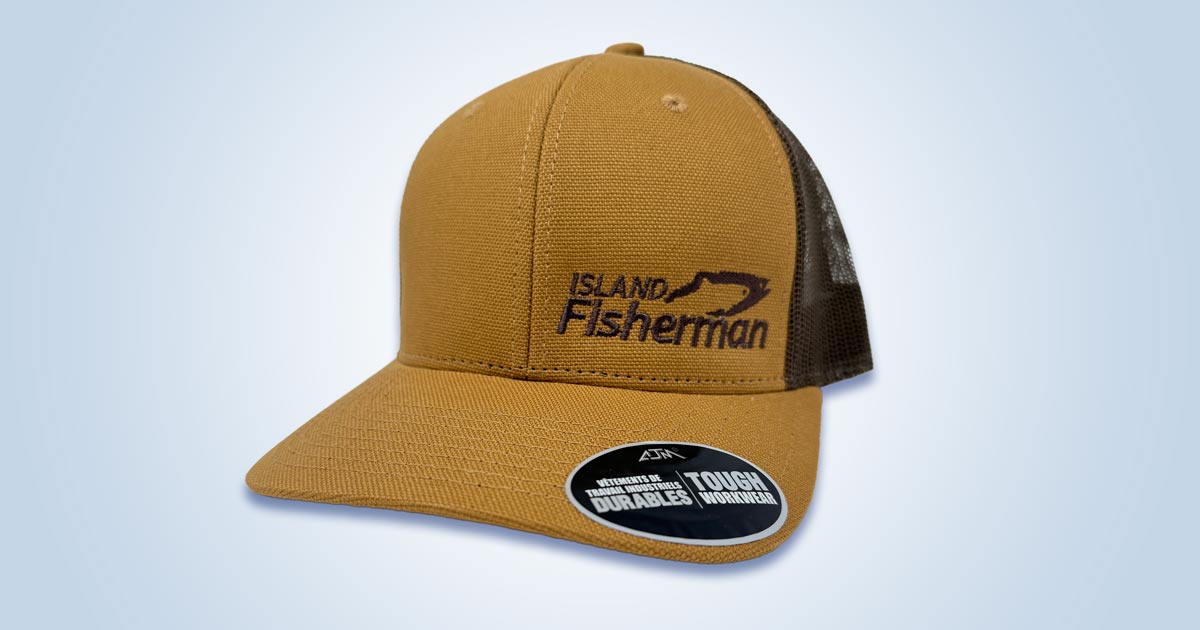

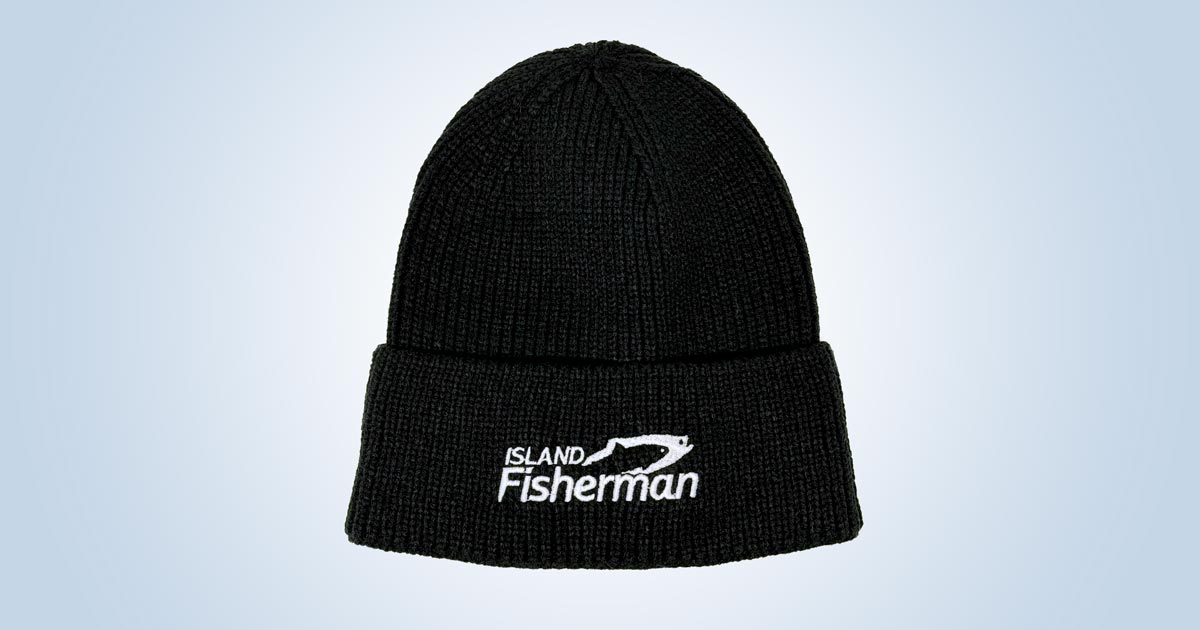
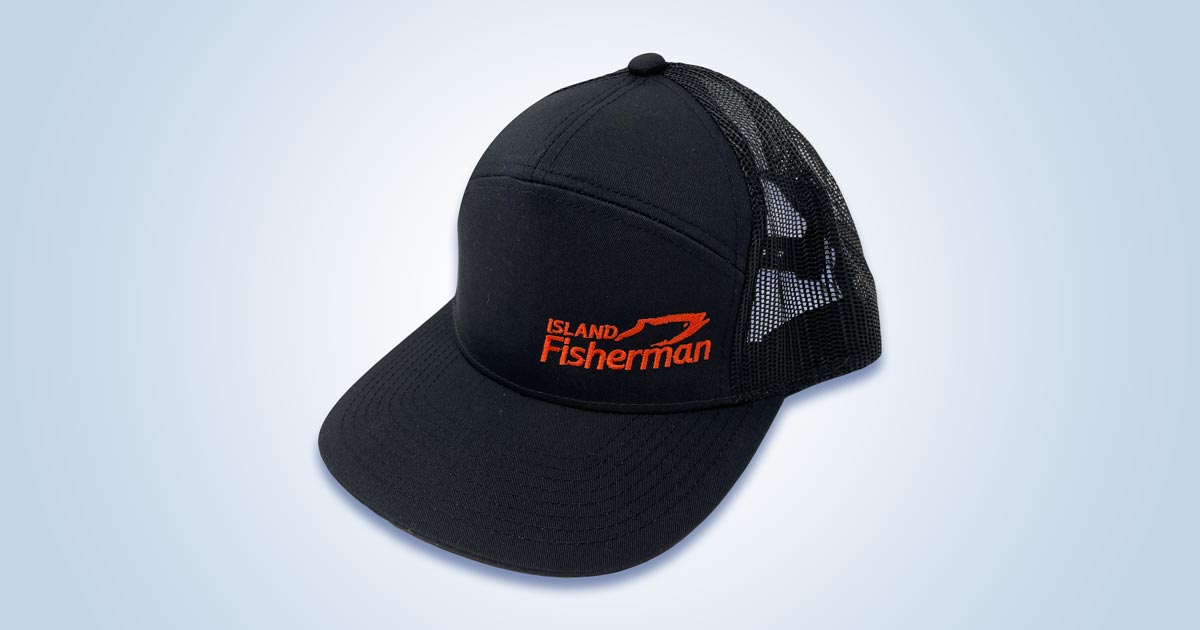
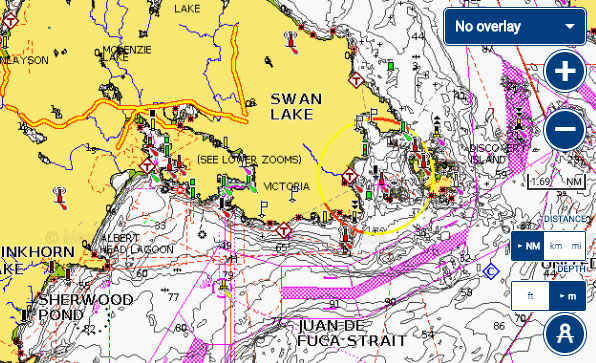
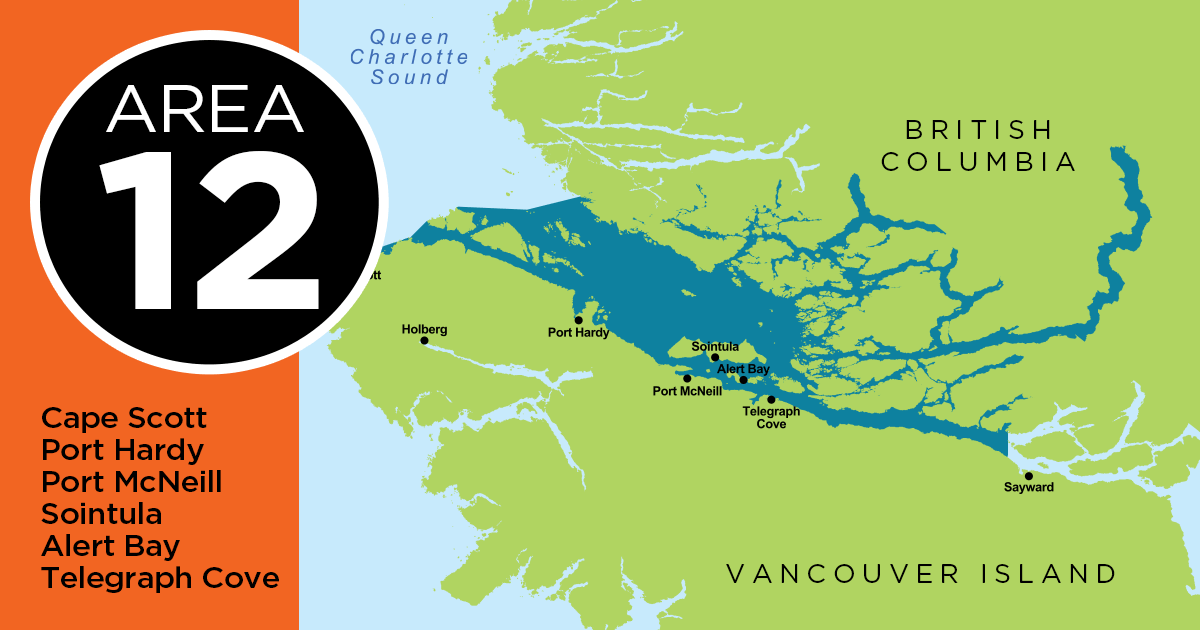
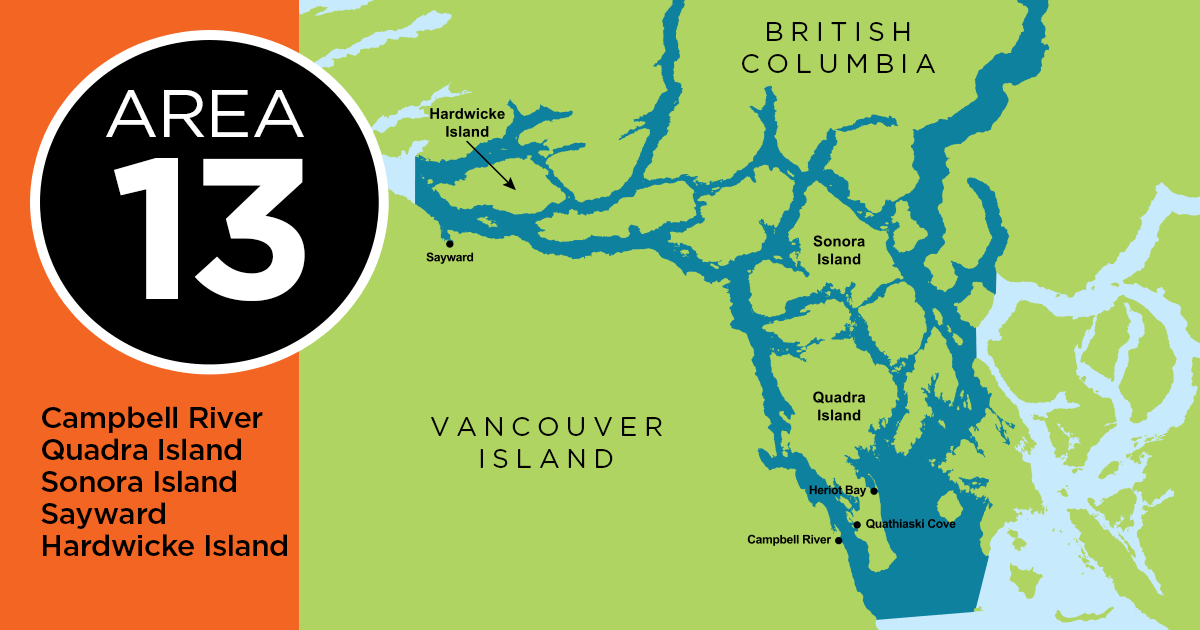
Good article.
Don’t forget to photograph and report vessels getting within 200m of marine mammals (contrary to the Marine Mammal Regulations.) Let’s prove to DFO that responsible sport fishers on the water protecting marine mammals don’t deserve to be punished with bans keeping them off the water when it is highly probable a larger portion of the root cause of whales being unable to hunt lies elsewhere.